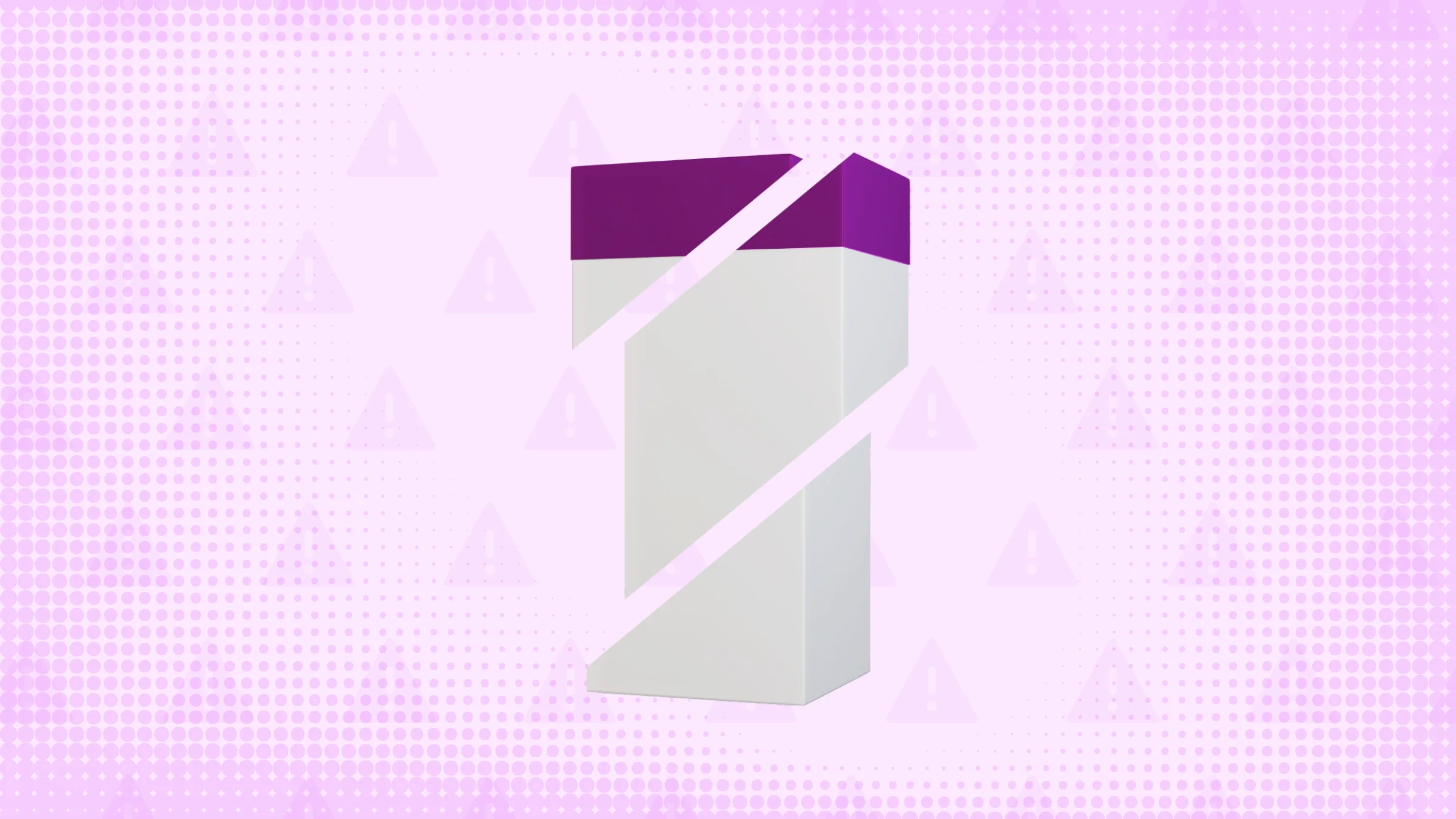Key takeaways:
Reyvow (lasmiditan) is a medication used to treat migraines. The most common Reyvow side effects are dizziness, a pins and needles sensation, and fatigue. Drowsiness and nausea or vomiting are also possible.
Serotonin syndrome is a rare but potentially serious Reyvow side effect. Serotonin syndrome can cause sweating, shivering, and a fast heartbeat. This is more likely to happen if you take Reyvow with other medications that affect serotonin.
Reyvow can impair your ability to drive or perform tasks that require you to be alert for at least 8 hours after taking it. If you’re unable to avoid these activities because of work or other obligations, a different migraine medication may be a better option.
Save on related medications
If you’re dealing with migraine headaches, there are many treatment options to choose from. Of these, Reyvow (lasmiditan) is the only medication in its class. It works different from triptans, which you may have already tried. But if you can’t take triptans, or if they don’t work for you, Reyvow may be an option.
Reyvow is taken as a single dose that can provide relief within 2 hours. But you won’t be able to drive for at least 8 hours after taking it. This is because of side effects, including drowsiness, that can impair your ability to drive. What other side effects are possible with Reyvow?
Reyvow side effects at a glance
Below are side effects reported in Reyvow clinical trials. Keep in mind, everyone responds to medications differently. You may experience side effects not on this list.
Common Reyvow side effects include:
Dizziness
A “pins and needles” or tingling sensation
Fatigue
Drowsiness
Nausea and vomiting
Muscle weakness
Less common Reyvow side effects include:
Serotonin syndrome
Medication-overuse (rebound) headache
Hypersensitivity reactions, including rash and angioedema
Vertigo
Visual impairment
Sleep disturbances
Decrease in heart rate
Increase in blood pressure
Below, we’ll look at seven Reyvow side effects to know about. We’ll also describe how to manage them and when to get help from your healthcare team.
1. Dizziness
One of the most common Reyvow side effects is dizziness. Dizziness tends to be more common with higher doses and in older adults. In clinical trials, it was the most common reason people stopped taking Reyvow.
Dizziness usually gets better as Reyvow’s effects start to wear off. In the meantime, you should sit or lie down if you’re feeling dizzy. But if your dizziness becomes severe or doesn’t go away, contact your prescriber. They can work with you to determine whether the dizziness is from Reyvow or another cause.
2. Pins and needles feeling
With Reyvow, you may notice a “pins and needles” sensation (paresthesia), like a tingling or prickling feeling. In some cases, you may even experience numbness. Some people have these feelings in their mouth, while others feel it on other areas of their skin. Similar to dizziness, this side effect is more common with higher doses.
The pins and needles sensation may be uncomfortable, but it’s not usually a cause for concern. If this feeling gets worse, contact your healthcare team. They may try to lower your Reyvow dose. In some cases, they may recommend an alternative migraine treatment.
3. Fatigue
Fatigue is another common Reyvow side effect. Reyvow can leave you feeling tired, weak, or without much energy. This feeling should start to improve as the medication wears off.
But fatigue can have other causes too. If fatigue is interfering with your ability to perform daily tasks or isn’t going away, talk to your prescriber. They can help determine the next steps. In some cases, they may recommend trying a lower dose.
4. Drowsiness
Some people feel drowsy after taking Reyvow. Because of this, for at least 8 hours after your dose, you shouldn’t drive or perform tasks if drowsiness could make them dangerous. If possible, it’s also a good idea to avoid or minimize other medications or substances, such as alcohol, that can make you drowsy while taking it.
If you’re unable to follow these instructions because of work or other commitments, the manufacturer recommends against taking Reyvow. In this case, your prescriber can recommend other treatment options.
5. Nausea and vomiting
Some people experience nausea and vomiting while taking Reyvow. But it’s important to note that nausea and vomiting are also common with migraines. So it may be hard to tell if Reyvow is causing your symptoms.
Reyvow can be taken with or without food. Try taking it with a small snack to see if that helps make you feel less nauseated. Other ways to manage nausea include staying hydrated and avoiding triggers such as strong smells. Talk to your prescriber about options to help manage nausea, which may include antiemetic medications.
6. Serotonin syndrome
Nausea and vomiting can also be a sign of a rare but potentially serious Reyvow side effect, called serotonin syndrome. It can happen when there’s too much of a chemical called serotonin in the body. Symptoms include sweating, shivering, and a rapid heartbeat. Tremors (shakiness), fever, and anxiousness are also possible. In severe cases, serotonin syndrome can be life-threatening.
The risk of serotonin syndrome goes up when Reyvow is taken with other medications that increase serotonin. Examples include selective serotonin reuptake inhibitors (SSRIs) and opioid pain medications. Make sure your healthcare team has your current medication list to check for these interactions up front.
Contact your prescriber right away if you think you might be experiencing serotonin syndrome. Get immediate medical attention if your symptoms feel severe.
7. Medication overuse headache
Reyvow treats migraine headaches. But like other migraine medications, it can also cause a medication-overuse (rebound) headache. This type of headache feels a lot like a migraine but can happen more often — sometimes every day.
As the name implies, a medication-overuse headache can happen when you take Reyvow too often. According to the manufacturer, safety information isn’t available for taking Reyvow more than 4 times per month. Combining Reyvow with other migraine medications can also increase the likelihood of this type of headache.
If you find that you need to take Reyvow more often than a few times a month, talk to your healthcare team. They may recommend adding a medication to prevent migraines so you don’t need to take Reyvow as often.
When should you contact your healthcare team about Reyvow side effects?
It’s best to let your healthcare team know about any Reyvow side effects that are bothersome or concerning to you. They can help you find ways to manage them. If needed, they may try adjusting your dose or recommend a different medication.
Taking Reyvow more than recommended can cause medication-overuse headaches, which can be difficult to treat. If you’re needing migraine relief more than 4 times per month, it’s a good idea to talk to your prescriber. In this case, you may benefit from a preventive migraine medication.
Tell your prescriber right away if you develop symptoms of serotonin syndrome, such as tremors, sweating, and fever. Get immediate medical attention if your symptoms feel severe.
The bottom line
Common Reyvow (lasmiditan) side effects include dizziness, a pins and needles sensation in your mouth or on your skin, and fatigue. Drowsiness and nausea are also possible. Avoid driving or performing tasks that require you to be alert for at least 8 hours after your dose.
Serotonin syndrome is a rare but serious Reyvow side effect. Contact your prescriber or get medical attention right away if you think you’re experiencing serotonin syndrome. Talk to your healthcare team if you have any questions or concerns about Reyvow side effects.

Why trust our experts?



References
Eli Lilly and Company. (2022). Reyvow- lasmiditan tablet [package insert].
U.S. Food and Drug Administration. (2022). FDA Drug Safety Podcast: FDA warns about several safety issues with opioid pain medicines; requires label changes.
















